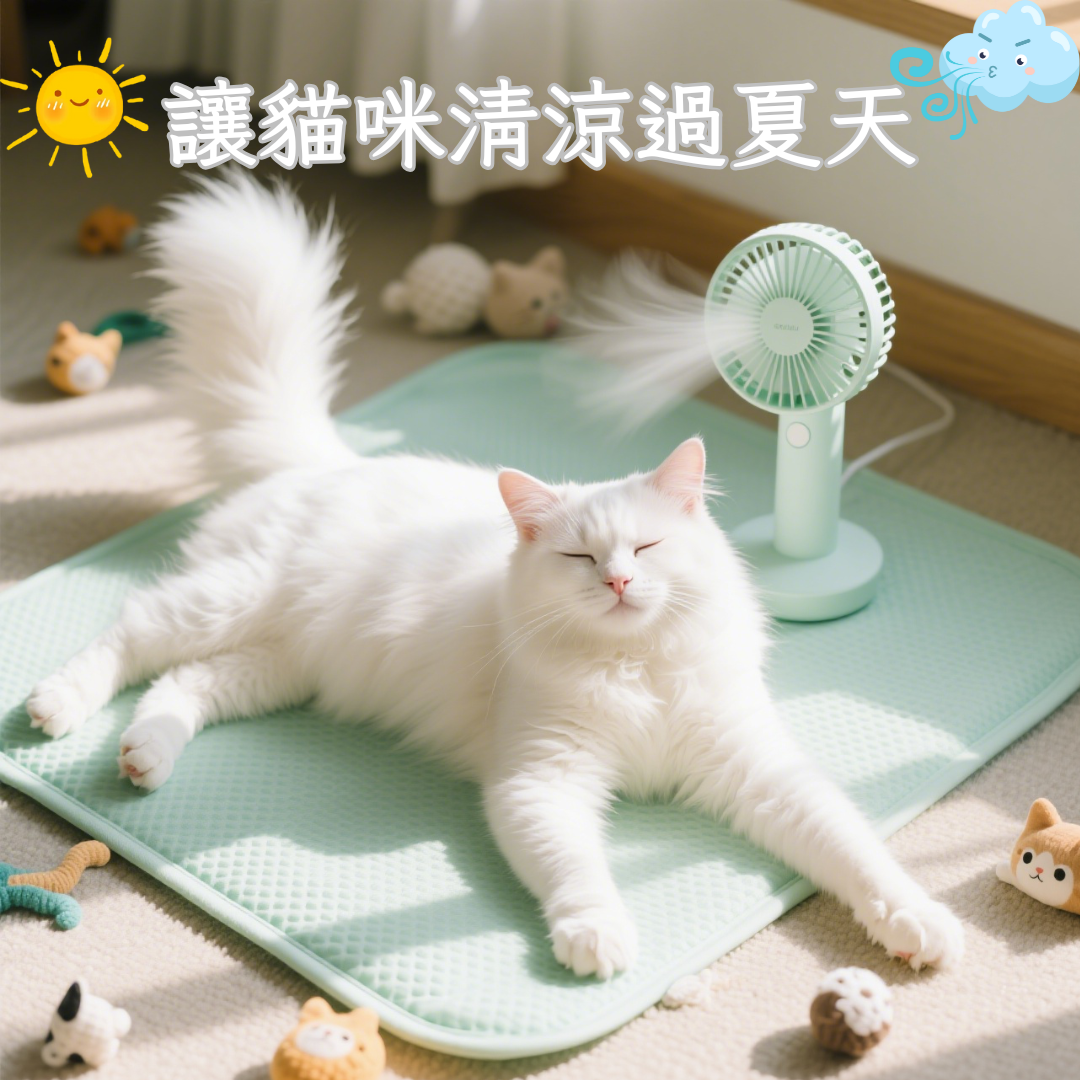Keep cats away from diseases in summer: A comprehensive guide to food preservation and environmental cooling
Summers are hot and humid, and cats are prone to urinary tract diseases, heat stroke, skin allergies, and other summer illnesses. As an important part of pet health care, owners must master the correct cat food storage and environmental cooling methods to help their furry friends spend the summer in good health.
Food preservation and drinking water management
High summer temperatures can easily cause cat feed and wet food to spoil. Feeding spoiled food can easily cause gastrointestinal discomfort and even dehydration. It's recommended that owners avoid storing cat feed in direct sunlight or humid environments, and avoid leaving uneaten food at room temperature for extended periods. Provide more wet food or canned food to increase fluid intake, and provide plenty of clean drinking water in your cat's play area to encourage them to drink more water, which can help prevent urinary tract diseases.
- Choose airtight containers to store dry food to avoid moisture and insects.
- Wet food should be refrigerated after opening and consumed within 24 hours.
- Change the water every day and keep the water dispenser clean.
- Set up more drinking water points to encourage cats to drink water on their own initiative.
Environmental cooling and ventilation
Maintaining good indoor ventilation is key to preventing heatstroke in cats. Owners can turn on the air conditioner (recommended setting: 26-28 degrees Celsius) and a fan, and draw curtains or blinds to prevent direct sunlight from raising the room temperature. Also, provide a cool resting area and cooling mat for your cat, and regularly comb his fur to help dissipate heat and reduce the risk of skin diseases.
- Clean the environment regularly and keep the air flowing and dry.
- Provide shaded areas and cooling mattresses.
- Avoid going out during high temperatures and choose to be active in the early morning or evening.
- Never leave your cat alone in a closed car.
Preventing heat stroke and illness
Symptoms of heatstroke include shortness of breath, dry mouth, and weakness. If any abnormalities are observed, move your cat to a cooler location immediately and wipe it with a slightly damp towel to cool it down. Seek medical attention as soon as possible if necessary. Maintaining a dry and clean environment, bathing your cat regularly, and using flea repellent can effectively prevent skin diseases and parasitic infections.
- Observe your cat for unusual panting or lethargy.
- Prepare emergency cooling supplies, such as wet towels, ice pillows, etc.
- Use flea drops or flea collars regularly.
- If you suspect heat stroke or severe allergies, seek medical attention immediately.
Summarize
Summer cat health care focuses on food preservation, environmental cooling, and disease prevention. By keeping food fresh, providing ample water, creating a cool and ventilated living environment, and closely monitoring your cat's condition, owners can effectively reduce the risk of summer illness and ensure their pets enjoy a healthy and happy summer.

